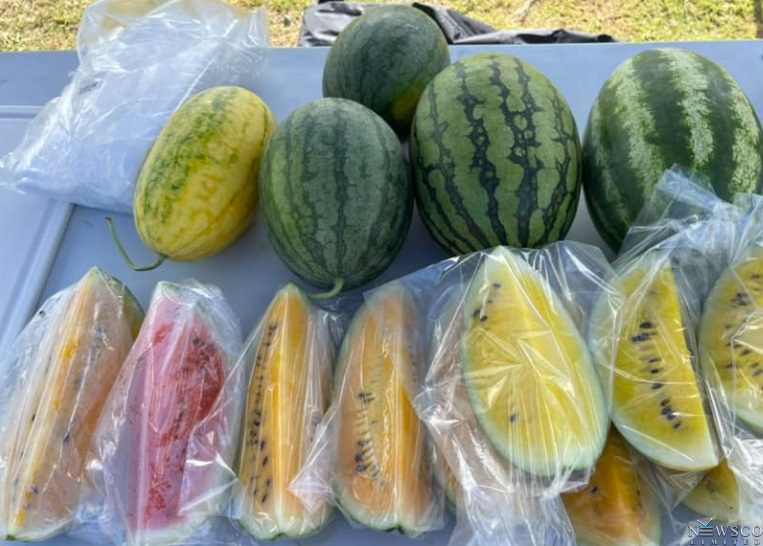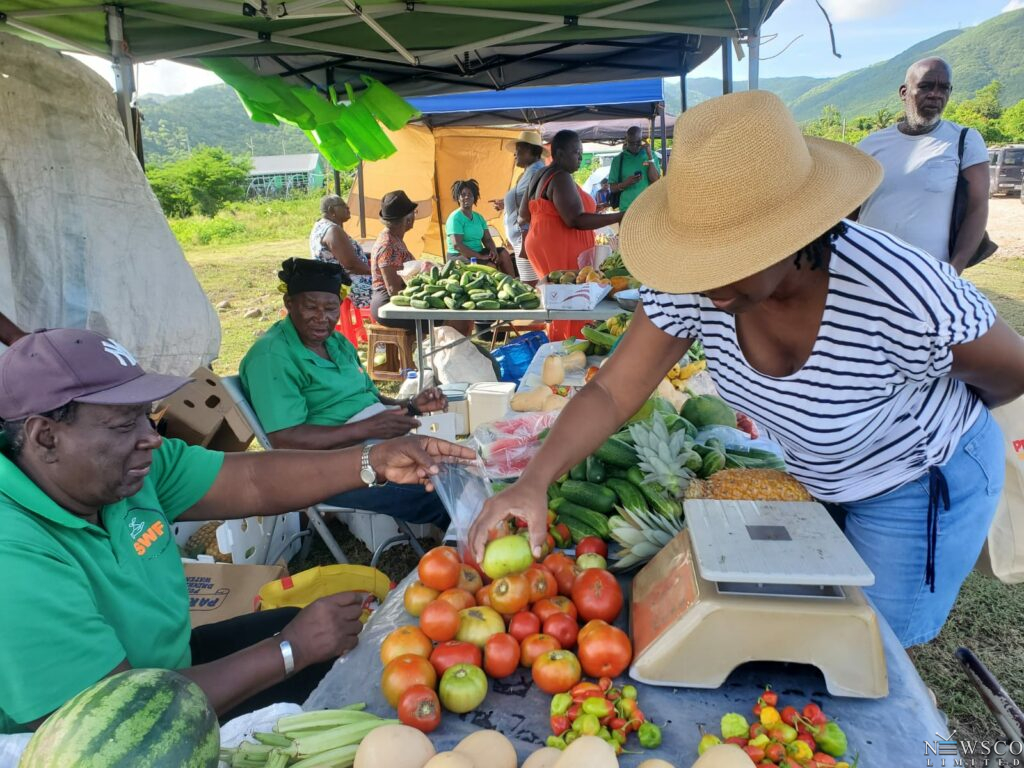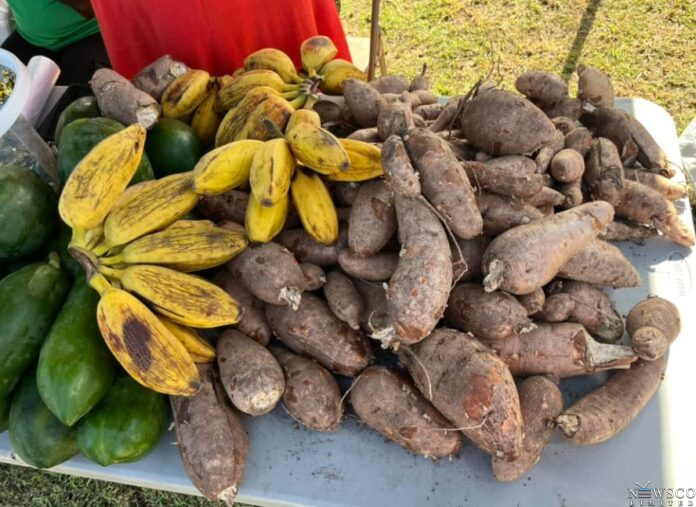Kenicia Francis
World Food Safety Day is celebrated on June 7th every year to raise awareness about the importance of food safety, and this year’s theme wis Food safety: prepare for the unexpected.
It’s a day to promote safe food practices and prevent, detect, and manage food borne risks, thereby ensuring food safety is crucial for public health and well-being.
Some common food safety mistakes people make include not washing hands properly before handling food, cross-contamination between raw and cooked foods, undercooking meat and poultry, not storing food at the correct temperature, and using the same cutting board for raw meat and vegetables without proper cleaning.
It’s essential to be mindful of these practices to prevent foodborne diseases (FBDs) and ensure the safety of the food you consume.
Some common symptoms of FBDs include stomach cramps, nausea, vomiting, diarrhea, fever, and headaches.
These symptoms can vary depending on the type of bacteria, virus, or parasite that caused the illness.
It’s important to seek medical attention if you experience severe or persistent symptoms after consuming food to ensure proper treatment and recovery.

According to a press release by the Caribbean Public Health Agency (CARPHA) “FBDs remain a public health concern in the Caribbean and across the world, with one in 10 people worldwide falling ill from contaminated food each year. Increasing numbers of FBD cases and outbreaks have been reported across CARPHA Member States (CMS), especially in the tourism and cruise ship industry. FBDs can cause morbidity, mortality, and economic burden of countries; it can also pose significant economic, social, and reputational impact on trade and tourism.”
Additionally, governments can enhance their national food safety emergency response plans, reinforce food control systems, boost surveillance and coordination capabilities, and enhance communication channels. This helps ensure a swift and effective response to any food safety issues that may arise.
Food businesses can step up by enhancing their food safety management plans, working together with others in the industry to share best practices and insights, and improving communication with consumers. This collaboration and transparency help maintain high standards of food safety throughout the supply chain.
Consumers also have a role to play. By being informed on how to report or react to a food safety incident, they can contribute to the overall safety of the food supply. It’s essential for consumers to know their rights and responsibilities in ensuring the safety of the food they consume.
Meanwhile, the Chief Health Inspector Sharon Martin told Observer that “we have embarked on a food safety procedure … checking up on the way people handle, prepare, and serve food. Some have been compliant, while others have strayed from the path. Those that are not following the strict rules and regulations, we have closed them down to bring them in line. It’s a lot of them that we have closed. But some have since reopened, they have quickly corrected the faults they have.

“Once they become compliant, we just reopen them. And we ask them to come to the food safety training hub. We engage them in coming to the training and get the training to have a food safety badge, so they can display when anyone goes to the establishment to purchase food.
“We tell them it begins with cleanliness. We also train them how to separate raw foods from already cooked foods. We train them to keep cooked foods at the right temperature. Because all foods have different cooking temperatures. And you have to cook your food thoroughly; we do not want food to become contaminated and people to become sick and unhealthy.
“Keep foods that are not yet served at the right temperature. If it’s hot, hot food 140 degrees Fahrenheit. Or cold foods 41 degrees Fahrenheit. They need to make sure they use potable water. Potable means drinkable. Our water can look clean, but in that water can be microorganisms that can make people sick.”
An article written by Shenequa Williams & Carol-Faye Bynoe-George on the Antigua Ministry of Agriculture Fisheries and Barbuda Affairs’ Facebook page stated: “In Antigua and Barbuda like anywhere else, agriculture and fisheries are vital, therefore ensuring food safety is paramount. As a small island nation in the Caribbean, the country relies heavily on imported food which does not necessarily guarantee safe food. The government through the Ministry of Agriculture is currently on the quest to increase food production through Good Agricultural Practices (GAP) that would ensure food safety.
“On this day, let’s renew our dedication to provide safe, nutritious food for everyone in Antigua and Barbuda. Through collaborative efforts, we can ensure that no one suffers from food-borne diseases/illnesses and that safe food remains accessible to all, both locally and globally.”


